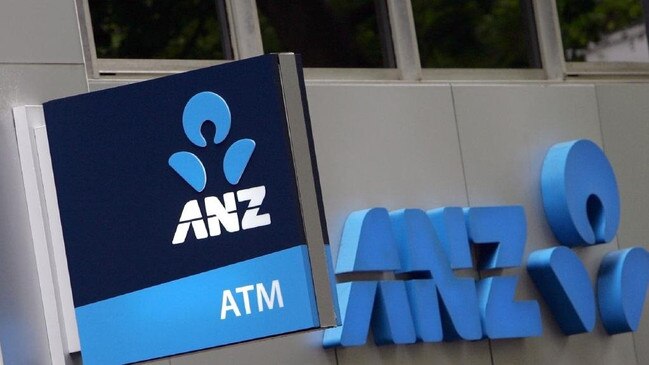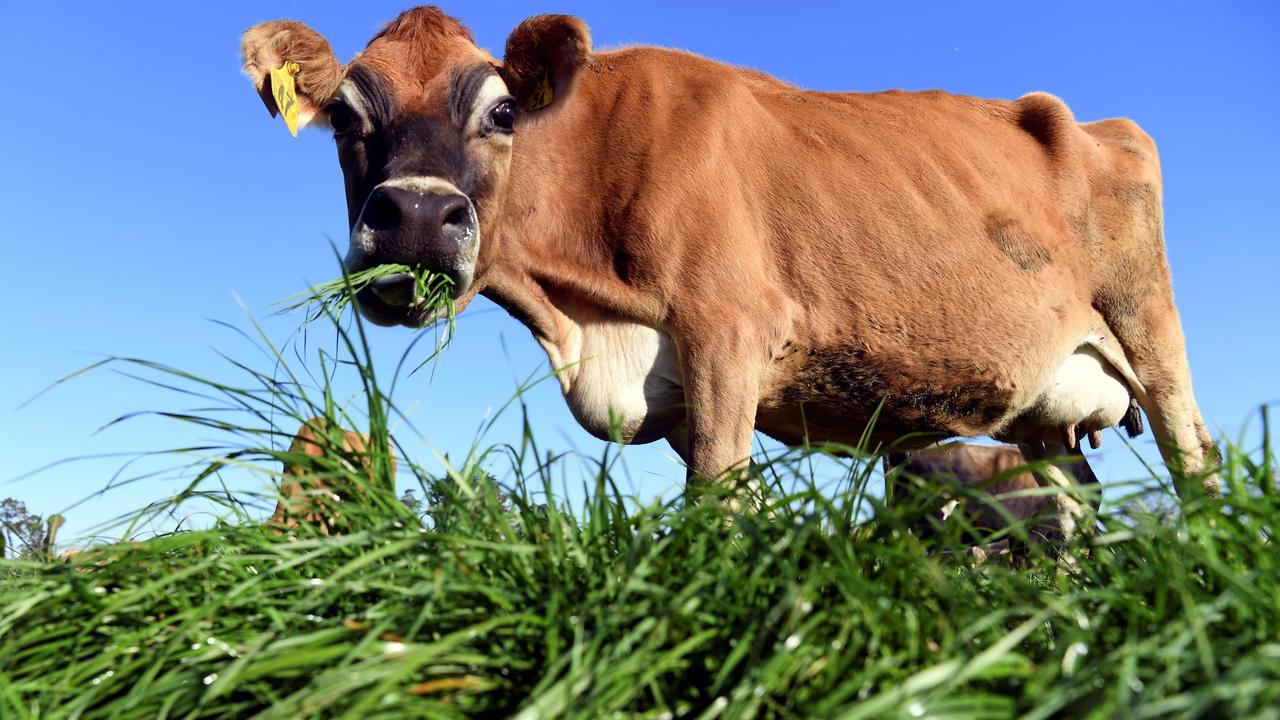More banks may follow ANZ on stricter climate-risk lending
ANZ is in the firing line for how its new climate policy may affect customers — including farmers — but other institutions could follow. One expert reveals what else could change for the ag sector.

STRICTER lending criteria over carbon emissions are likely to become reality for all banking customers — including farmers — as banks juggle the risk of climate change.
But any changes aren’t coming from any moral concern, according to one expert; rather, banks are purely looking at the financial risk and liability.
“Regardless of what your ‘belief’ is in relation to climate change, it is indisputable that the policy environment and financial regulation practice all around the world has shifted,” Minter Ellison head of climate risk governance Sarah Barker said.
“Climate changes is squarely a financial risk including for the Australian agricultural sector.”
Her comments come as a new report from Deloitte Access Economics today warned the Australian economy could lose $3.7 trillion by 2070 if climate change is not addressed.
ANZ last week announced its 10-year climate policy supporting net-zero carbon emissions by 2050, including moving away from lending to customers without clear plans to reduce emissions.
The announcement sparked concern in the agricultural sector, and criticism from the Nationals who slammed ANZ for “virtue signalling” to shareholder activists.
ANZ chief executive Shayne Elliott quickly clarified the bank’s position, stating the new policy was focused on the top 100 carbon emitters across all industries and would “have no impact on the bank’s farmgate lending practices”.
“This is about helping our major agribusiness customers run more energy and capital efficient operations, it’s not about family farms,” Mr Elliott said.
“This essentially brings us into line with global best practice.”
Though the most ambitious policy of Australia’s big four banks, it does not go as far as those of international ag lenders such as ING and Barclays, which have locked in short and long term emission reduction targets.
Several Australian super funds including Hesta, Cbus and Aware Super have also already announced net-zero emission portfolio targets.
Ms Barker said there had been an explosion globally in loans linked to sustainability, as “markets understand climate change is happening and accelerating”.
“If we look at what continues to happen in Europe, there is no doubt this will only continue to be integrated across all commercial lending segments,” Ms Barker said.
“There is still far more scope for additional risk return assessments to be introduced in the Australian financial sector.”
ANZ’s policy was regardless slammed by the Nationals, as Deputy Prime Minister Michael McCormack said the bank’s “Euro-centric standards” would mean transport, fertiliser and fuel companies would pass on any extra costs to farmers.
Agriculture Minister David Littleproud said it showed the banks were out of touch with regional communities and called for a boycott of ANZ.
National Farmers’ Federation chief executive Tony Mahar said the group was pleased with ANZ’s clarification, and that agriculture was already committed to mitigating climate change.
The NFF has already backed a net-zero emissions target by 2050.
“Farmers and the banking sector are mutually dependent,” Mr Mahar said.
“A continued collaborative relationship based on shared values and goals is key to achieving $100 billion by 2030.”
MORE
LITTLEPROUD SLAMS BANKS OVER CALLS ON LIVE EXPORTS, FIREARMS


